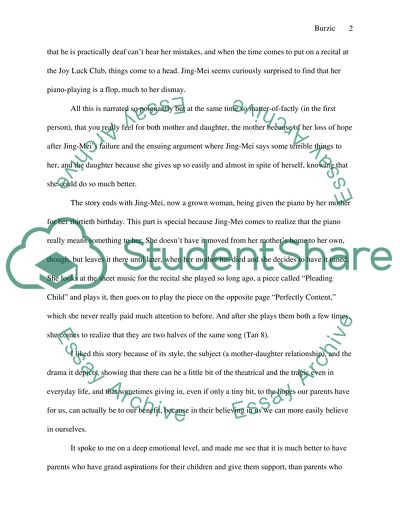Cite this document
(“The Chinese Story Two Kinds Essay Example | Topics and Well Written Essays - 1250 words”, n.d.)
Retrieved from https://studentshare.org/literature/1513751-opinion-essay-on-two-selected-stories
Retrieved from https://studentshare.org/literature/1513751-opinion-essay-on-two-selected-stories
(The Chinese Story Two Kinds Essay Example | Topics and Well Written Essays - 1250 Words)
https://studentshare.org/literature/1513751-opinion-essay-on-two-selected-stories.
https://studentshare.org/literature/1513751-opinion-essay-on-two-selected-stories.
“The Chinese Story Two Kinds Essay Example | Topics and Well Written Essays - 1250 Words”, n.d. https://studentshare.org/literature/1513751-opinion-essay-on-two-selected-stories.


